Supply is increasingly narrowing
Rare earths are used in magnet motors that power many car components such as side mirrors, speakers, oil pumps, windshield wipers, fuel leak sensors and brakes. For electric vehicles (EVs), their role is even more important.
While a recent agreement between the US and China has eased the threat of supply disruptions, global rare earth stockpiles have been depleted by similar restrictions earlier this year. China has also made it harder to obtain export licenses and significantly expanded the list of goods subject to export controls, creating a global shortage.
China now accounts for 70% of global rare earth mining, 85% of refining capacity and 90% of rare earth alloy and magnet production, according to estimates by consultancy AlixPartners. The new export control list includes elements such as ytterbium, holmium and europium, which are also used in automobile manufacturing.
Ms. Nadine Rajner, CEO of NMD materials company (Germany), said many customers are "looking for ways to buy rare earths outside of China".
In an effort to reduce dependence on China, US President Donald Trump and Australian Prime Minister Anthony Albanese signed a strategic minerals agreement on October 20, which includes US investment in rare earth mining projects in Australia. However, Ms. Rajner said that although many countries such as Sweden have large reserves of rare earths, they lack the mines and refining facilities to exploit them effectively. For heavy rare earths, China controls 99.8% of global refining capacity, making alternative sources almost negligible.
Rare earths can be recycled from old cars, but the industry is still in its infancy. Renault-backed company Neutral currently recycles rare earths from 400,000 old cars a year in France and works with 15 European car brands. “The big challenge is to scale this up,” admits CEO Jean-Philippe Bahuaud.
Risk of supply chain bottlenecks
Even if Chinese suppliers deliver before the November 8 export control deadline, shipping by sea to Europe could take up to 45 days, making the risk of rare earth supply bottlenecks a major concern for the auto industry.
In addition to rare earths, China has also imposed restrictions on exports of lithium-ion batteries and battery materials, raising concerns about the supply of components for electric vehicles.
Last week, an intellectual property dispute between China and the Netherlands involving chipmaker Nexperia also raised concerns about the risk of factory closures, as the company is an important chip supplier to the auto industry.
Automakers are also facing new US tariffs, which are expected to drive up costs and show up in third-quarter 2025 earnings reports. However, dependence on China for rare earths remains the most problematic issue.
“China could shut down the entire auto industry in just two months,” warned Ryan Grimm, vice president of supply chain at Toyota North America. Bruno Gahery, president of Bosch’s France-Benelux-Western and Southern Europe region, predicted the auto industry would ramp up its stockpiling of rare earths before China’s export controls take effect.
However, a leader of a magnet supplier for Hyundai said: "We have stocked up since the beginning of the year, but most of it has been used up, and the supply is very scarce."
Chinese rare earth exporters have received a surge in overseas orders since China announced the controls on October 9, according to three industry sources.
The race to develop “rare earth-free” engines
To reduce their dependence, major automakers are looking for new ways to do so. General Motors, along with suppliers such as ZF and BorgWarner, are developing electric vehicle motors that use little or no rare earths, while BMW and Renault have already produced motors without rare earths.
Monumo (UK) applies AI and high-tech simulation to help car manufacturers reduce the amount of rare earths used in engines by an average of 24%. Monumo's customers include many of the top 10 car manufacturers globally.
However, experts say most of these technologies are years away from commercialization, similar to rare earth mining and refining projects outside China, which could be undermined by China’s drive down global prices. Andy Leyland, co-founder of consultancy SC Insights, said the US government is reacting more aggressively than Europe to this threat.
Source: https://vtv.vn/nganh-o-to-toan-cau-chay-dua-tim-nguon-cung-dat-hiem-100251022083159023.htm


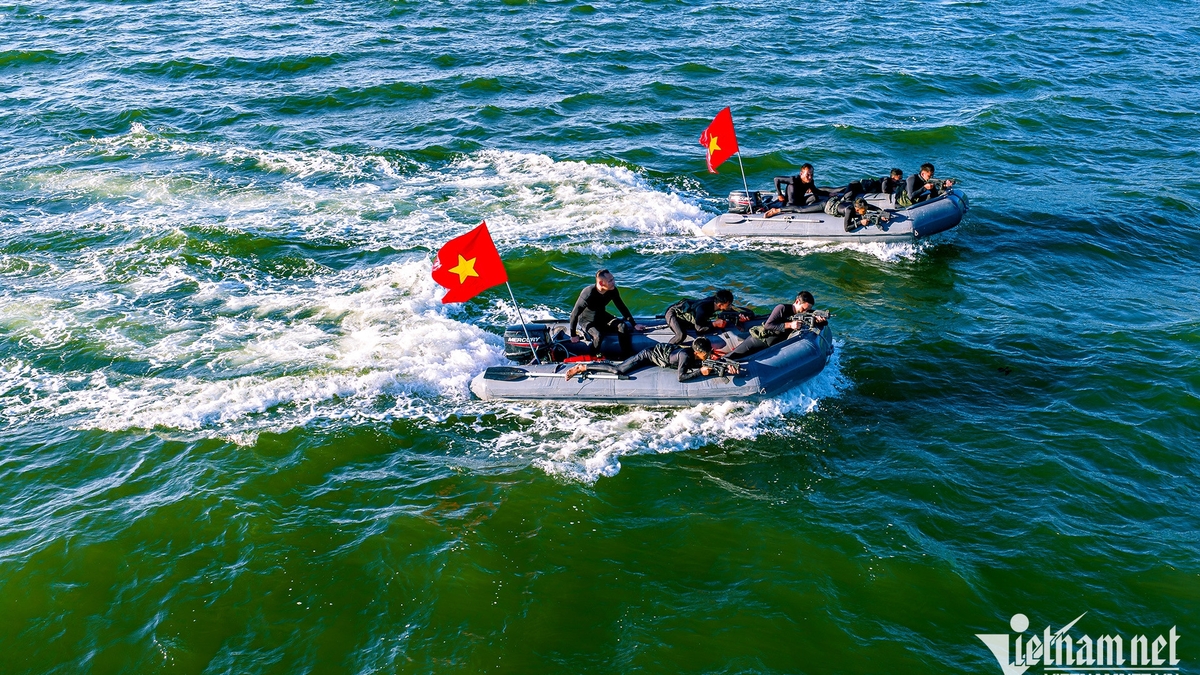

![[Photo] Da Nang: Shock forces protect people's lives and property from natural disasters](https://vphoto.vietnam.vn/thumb/1200x675/vietnam/resource/IMAGE/2025/10/22/1761145662726_ndo_tr_z7144555003331-7912dd3d47479764c3df11043a705f22-3095-jpg.webp)

![[Photo] Prime Minister Pham Minh Chinh chairs meeting on nuclear power plant construction](https://vphoto.vietnam.vn/thumb/1200x675/vietnam/resource/IMAGE/2025/10/22/1761137852450_dsc-9299-jpg.webp)

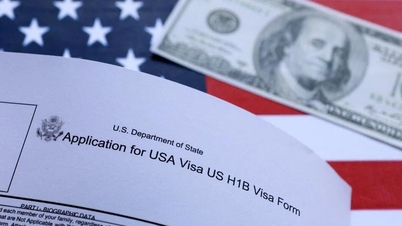

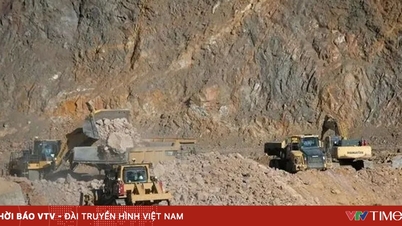

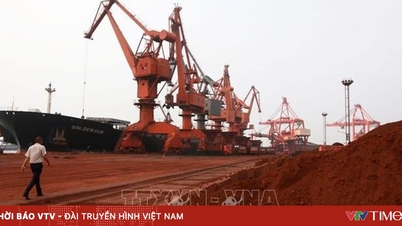
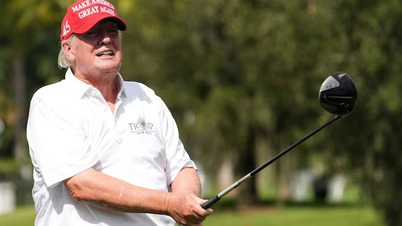


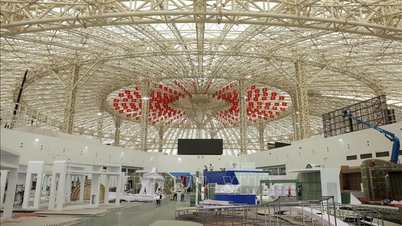
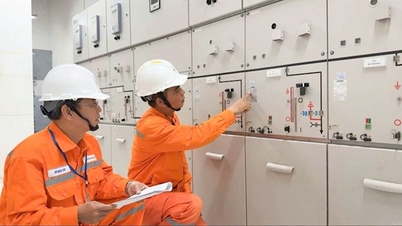

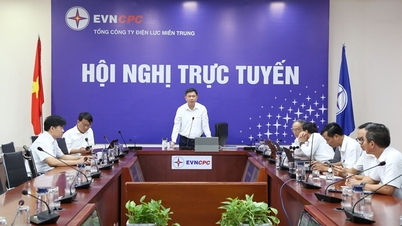
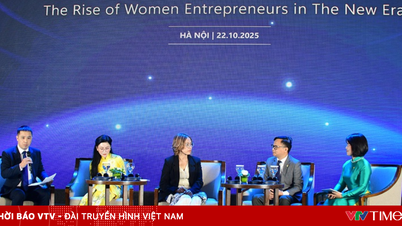
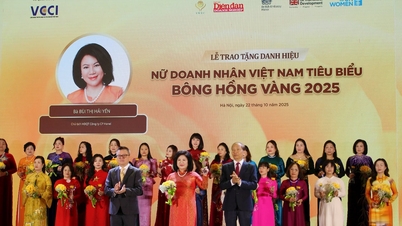

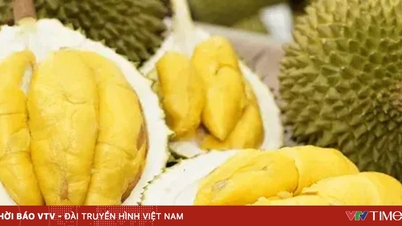




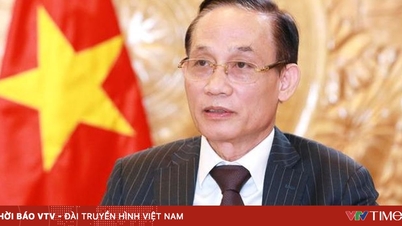
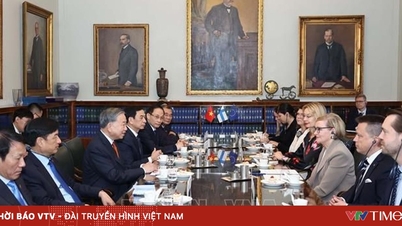
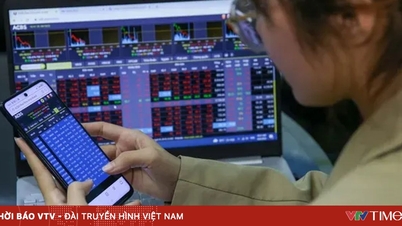
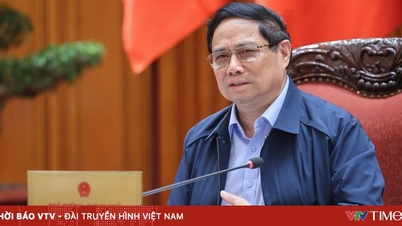
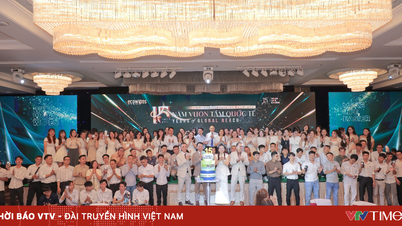
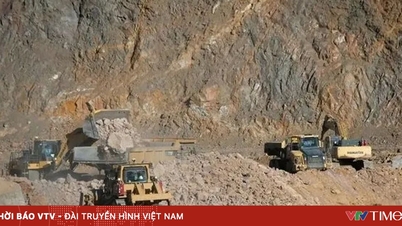



































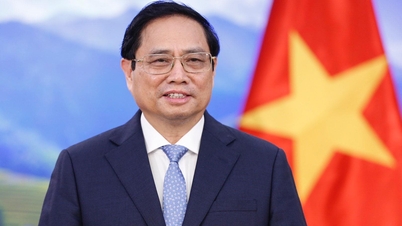

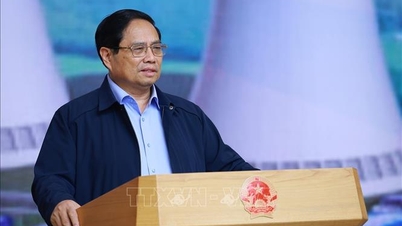

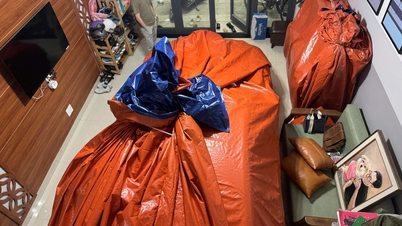


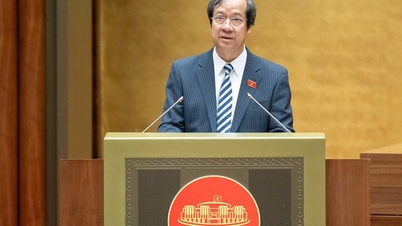


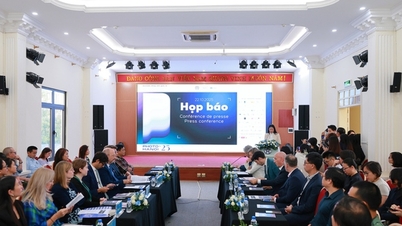
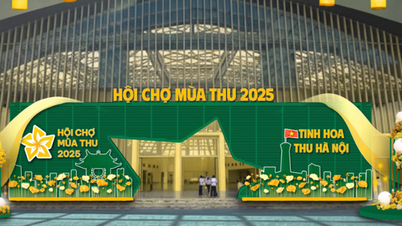
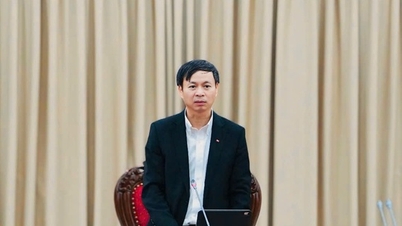

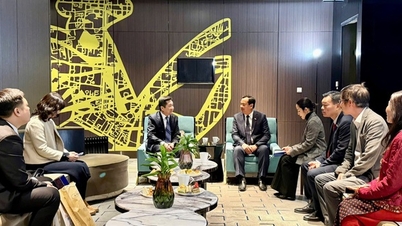




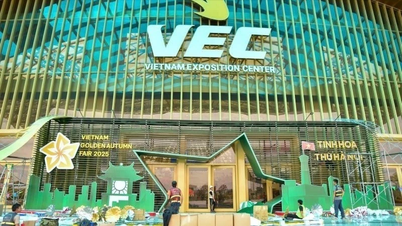

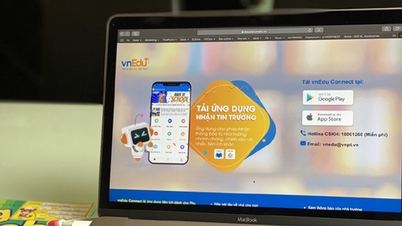

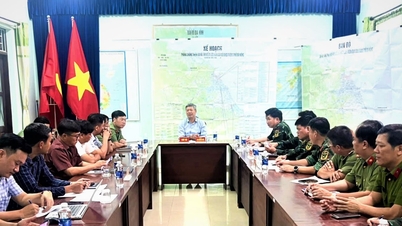

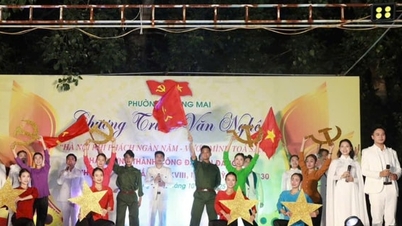














Comment (0)